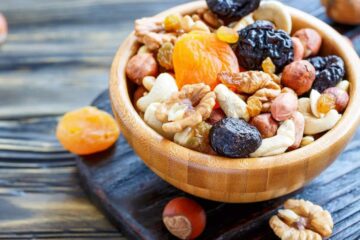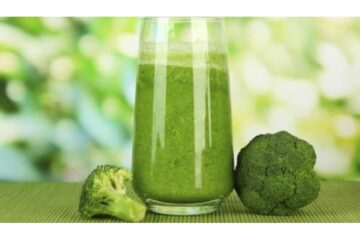Conversely, espresso consumers who favored channel free fermenting techniques indicated no endurance advantage. Also, the individuals who reveled – at least 9 cups per day – had a marginally expanded danger of death from coronary illness.
Unfiltered espresso alludes to blends in which the grounds have drawn out contact with high temp water. That incorporates coffee, bubbled espressos espresso made with a French press.
Analysts have known for a considerable length of time that unfiltered espresso contains more significant levels of characteristic oils that can raise blood cholesterol. What’s more, it’s conceivable that clarifies the most recent discoveries, as per senior analyst Dr. Dag Thelle, an educator at the University of Gothenburg in Sweden.
“Our study suggests that coffee passing a filter is the most favorable coffee beverage where health consequences are concerned,” Thelle said.
Be that as it may, the discoveries don’t demonstrate a circumstances and logical results interface, said Connie Diekman, a nourishment and sustenance specialist and previous leader of the Academy of Nutrition and Dietetics.
For one, the examination needed data on individuals’ weight control plans – including whether they drenched their espresso with sugar and cream, or making the most of their coffee with treats. So it’s conceivable that diet clarifies the various results for the separated and unfiltered swarms, Diekman said.
“Unfiltered coffee does allow for some of the [cholesterol-raising] components of the coffee bean to drip into the cup we drink,” she agreed. “But the good news is that the amount is not enough to be the sole cause of elevated cholesterol, for most people.”
The discoveries, distributed April 23 in the European Journal of Preventive Cardiology, depend on in excess of 508,000 people who were somewhere in the range of 20 and 79 years of age at the start. Throughout the following 20 years, more than 46,000 kicked the bucket.
The individuals who normally drank sifted espresso were 15% more averse to pass on, versus individuals who once in a while or never drank espresso. That was after the scientists represented some different contrasts between the gatherings – like body weight, pulse, cholesterol levels and exercise and smoking propensities.
The image was diverse for individuals who favored the customary Norwegian technique for stewing ground espresso in close bubbling water. Their danger of kicking the bucket during the examination was like that of nondrinkers.
What’s more, individuals who brought down a great deal of unfiltered espresso – in any event 9 cups for each day – had a 9% higher danger of kicking the bucket from coronary illness.
By and large, the “most beneficial” espresso propensity had all the earmarks of being 1 to 4 cups of separated mix every day, as per Thelle. Those individuals had the most reduced danger of death from coronary illness or stroke, explicitly.
Whitney Linsenmeyer is an associate educator of sustenance at Saint Louis University and a representative for the Academy of Nutrition and Dietetics. Like Diekman, she said the discoveries can’t nail the fault to unfiltered espresso, in essence.
“This is positively a fascinating investigation,” Linsenmeyer said. “Be that as it may, there are maybe significantly more persuasive components to consider in your espresso decision -, for example, the complete amount consistently, or the utilization of sugars.”
That doesn’t mean cutting your java with some milk or sugar is a terrible thing, she included. In any case, know that it includes additional calories, and figure that your general eating regimen, Linsenmeyer exhorted.
With respect to caffeine, Diekman stated, “current evidence suggests that up to 400 milligrams per day is safe for most adults.” That’s generally proportional to 4 8-ounce cups of espresso.
There are special cases, be that as it may, Diekman included. Ladies who are pregnant or breastfeeding are commonly encouraged to have stricter caffeine cutoff points, and individuals with coronary illness might need to chat with their primary care physician about caffeine admission.


